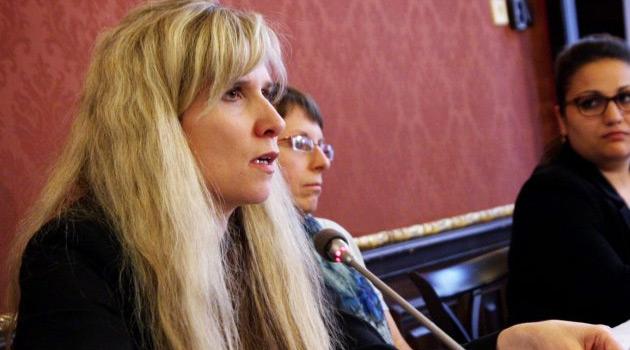The minister acknowledged that it is necessary to resolve the issue of the essential investment into the prepared changes as soon as possible. Inclusion means the common education of all children, including pupils living with disabilities, the exceptionally gifted, and those whose parents are foreign nationals or of a different ethnicity together in the same collective.
The investment necessary for these changes should be precisely quantified by the Education Ministry by the end of February. Because such expenditures have not yet been included in the ministry’s budget for this year, the transition to inclusion, which is already functioning at several schools. will be gradual in September.
The Education Ministry will need one billion crowns for the transition next year and approximately CZK 1.5 billion (EUR 55.5 million) for 2018. Valachová said those figures are estimates, however.
According to municipal representatives, more thorough preparation for this change is needed on the financial, methodological and personnel side. After closing the meeting of the Chamber of Statutory Cities of the Union of Cities and Municipalities in Brno, its chair, Mayor of Pardubice Martin Charvát (ANO), said as much to journalists on Friday.
Charvát emphasized that local governments support inclusion and that it is essentially already underway in the primary schools. However, he called the new alterations too one-sided and top-down.
"I understand the cities and municipalities for being strict with us," the Education Minister said. She also said she understands that town halls are now waiting to see how the state will position itself on financing the changes now that they have been adopted.
"Without backup in the form of special educators who will dedicate themselves to these children, without reassurance that clearly says how the state will contribute to paying for adapting the schools, for learning aids, this step cannot be taken this year. We are not opposed to it, but let’s prepare for it and move forward with the inclusion that is already underway in the schools," Charvát said.
He did not want to specify how long of a delay he believes is necessary. "If we proceed quickly and prepare all of the background materials this year that are to be included in the budget for next year, we may be able to eventually respond to this next year," Charvát said.
Reportedly it is necessary to further discuss the issue with experts on the problems of children living with disabilities, pupils who cannot handle standard instruction, and the Romani minority. Some MPs recently came forward with the idea to delay inclusion by a year or two, and such voices have also been heard from the Regional Authorities.
Valachová, however, has sharply rejected any delay. She reminded those calling for it that school directors are already legally obligated to accept children who need support and who live in their catchment area.
"This amendment just links the rights of all children to specific support measures and financing," she recently said. The changes will not affect "special schools".
Children with "mild mental disability" can only be educated in mainstream schools if they do not have other problems. "I insist that it is correct for these children to head into mainstream education. They are already heading there, already there are 3 000 of them there," the minister said.
She also defended the new measures in December in Brno to school directors. Some people at that time indicated their concerns over the impact of the changes, mentioning the time demands of such preparation and the difficulty of educating pupils with specific needs in common classrooms with other pupils.
